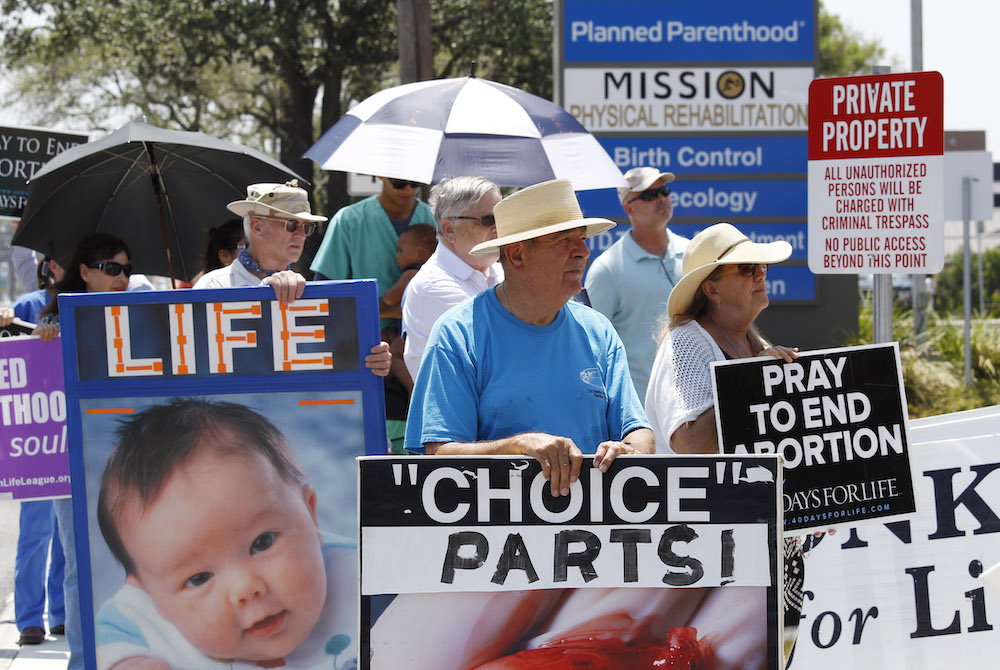An official at the U.S. Conference of Catholic Bishops said recent comments made by Dr. Francis Collins, director of the National Institutes of Health, in defending human fetal tissue research were "deeply disturbing."
"Research using fetal tissue from aborted babies is unethical and should not continue under his leadership," said Greg Schleppenbach, associate director of the U.S. bishops' Secretariat of Pro-Life Activities, in a Dec. 18 statement.
Collins made his comments about fetal tissue research during a Dec. 13 meeting of an agency advisory panel, according to a Science magazine report.
The magazine said that during the meeting at the National Institutes of Health offices outside Washington in Bethesda, Maryland, Collins said the Department of Health and Human Services is auditing federal purchases of fetal tissue and that the National Institutes of Health has agreed to spend up to $20 million on research on alternatives. He described alternative forms of research as "scientifically, highly justified" but he also said fetal tissue "will continue to be the mainstay" for research and can be done with an "ethical framework."
The same day as the meeting, a congressional subcommittee hearing took place looking into alternatives to using fetal tissue for research. The hearing focused on the possibility of using different types of "humanized" mice -- with human cells and immune systems -- in biomedical research.
In September, HHS canceled a U.S. Food and Drug Administration contract to purchase fetal tissue for drug testing and said it would review federally funded research that uses fetal tissue obtained after elective abortions.
New York Cardinal Timothy M. Dolan, then chairman of the U.S. bishops' Committee on Pro-Life Activities, praised this decision calling it an important "first step" but that it "remains incumbent" on the Trump administration "to act quickly to cease all funding for research involving body parts from aborted babies."
The Science magazine story about the Dec. 13 NIH meeting said Collins told reporters: "There are certain areas where it's hard to imagine that we would know what we know without the access to fetal tissue."
He said if something can be done with these tissues "that might save somebody's life downstream, perhaps that's a better choice than discarding them."
Schleppenbach, from the USCCB, said: "The use of fetal remains procured from abortions can be interpreted as legitimizing abortion by saying it is an important source for research. It also requires close collaboration with the abortion industry."
He also said there is "nothing pro-life about further violating these aborted babies by scavenging, even commodifying, their body parts for use in research."
Schleppenbach noted that he is not alone in this view, adding that "millions of pro-life Americans find such research morally offensive and do not want their tax dollars to be used to pay for it."
Marjorie Dannenfelser, president of the national pro-life group, Susan B. Anthony List, similarly criticized Collins' remarks, saying they were "dramatically out of step both with President (Donald) Trump and the pro-life voters who elected him."
In his Dec. 18 statement, Schleppenbach said: "Researchers have demonstrated the ability to both pursue excellence in research and to avoid violating the rights and dignity of nascent human beings. Dr. Collins can and should lead the NIH in a way that honors both ends, incentivizing research that all Americans can support."

